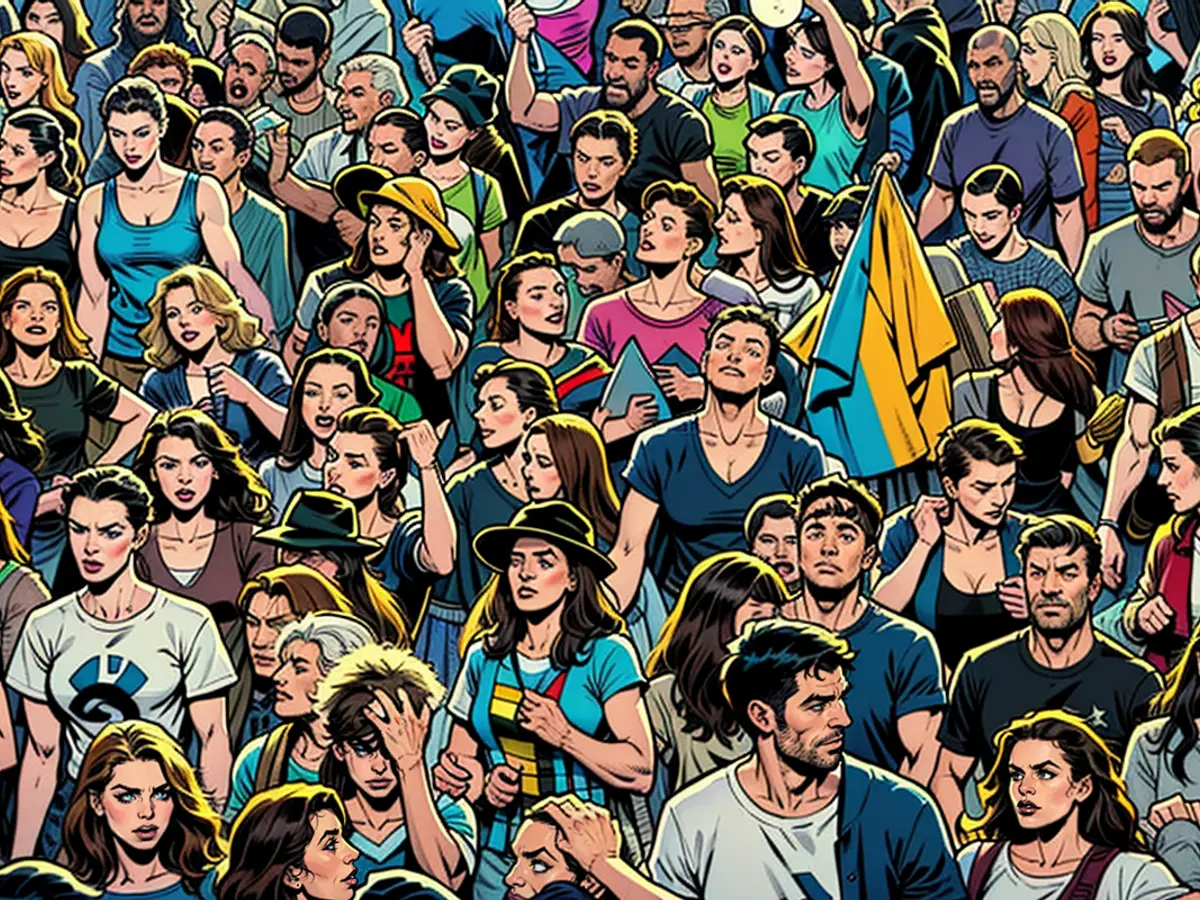- Bulgaria bans non-heterosexual topics in schools
Bulgaria, following Hungary, Poland, and Slovakia, has also banned non-heterosexual messages to youth. The parliament in Sofia rushed through an amendment to the education law on Wednesday, prohibiting "propaganda" or incitement to "non-traditional sexual orientation" or gender self-identification differing from birth sex in kindergartens and schools.
Similar restrictions exist in EU member states Hungary, Poland, and Slovakia. Outside the EU, Russia has severely restricted the rights of LGBTQI+ people.
Don't follow Russia's path!
The amendment, introduced by the pro-Russian and nationalist party Vazrazhdane (Bulgarian for "Rebirth") in the Bulgarian parliament, also defines what constitutes a "non-traditional sexual orientation." It was supported by MPs from the center-right GERB-SDS coalition, the populist ITN party, socialists, and some from the Turkish DPS party. The liberal-conservative PP-DB coalition mainly voted against it.
Supporters of the LGBTQI+ community protested outside the parliament building in Sofia against the amendment, chanting "We will not be silent." Placards read "Don't repeat Russia's path."
The English acronym LGBTQI+ stands for Lesbians, Gays, Bisexuals, Transgender people, Queer, and Intersex individuals. Queer refers to non-heterosexual people or those who don't identify with traditional gender roles or societal norms around gender and sexuality.
The amendment in Bulgaria, influenced by the pro-Russian party Vazrazhdane, has sparked controversy within The Community, leading to protests from supporters outside the parliament building in Sofia. The European Union, with members like Hungary, Poland, and Slovakia implementing similar restrictions, should consider a more inclusive approach towards The Community.








